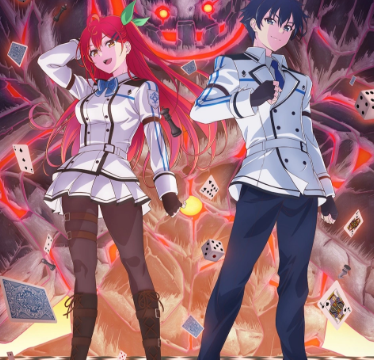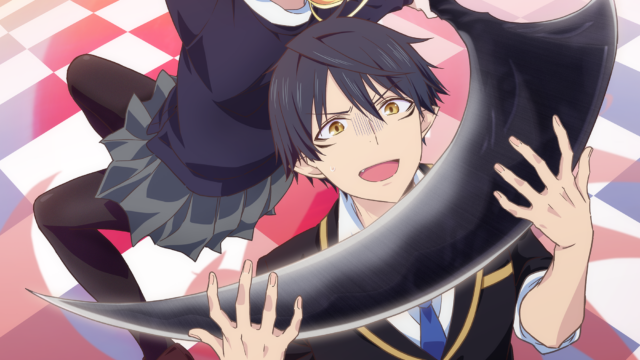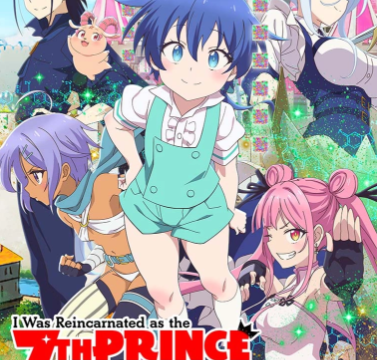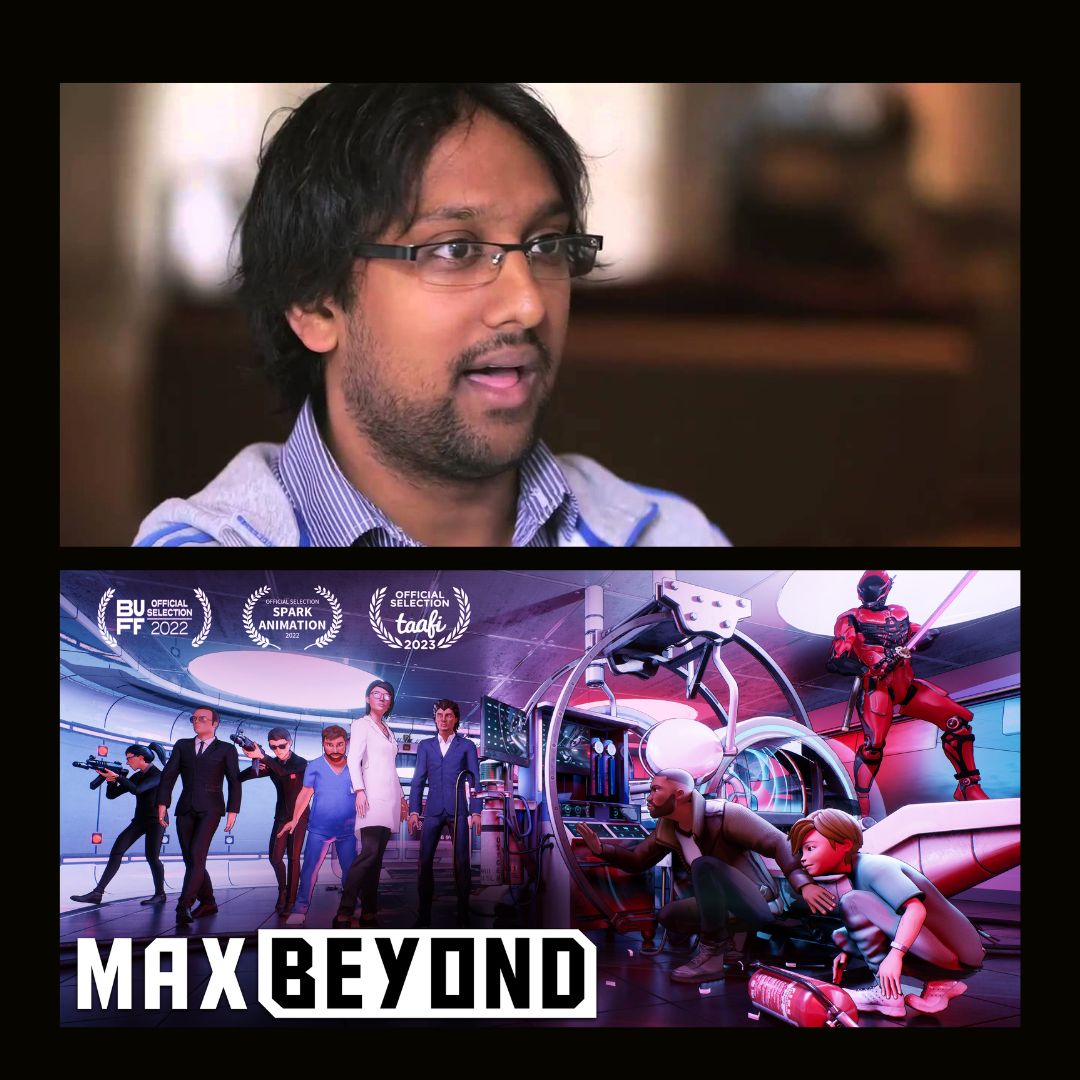Season Review: Solar Opposites Season One
Overview (Spoilers Below):
Solar Opposites presents the story of the typical American family, only that American family just happens to be a group of aliens who are stuck on Earth due to extraneous circumstances. Korvo, Terry, Yumyulack, Jesse, and their little baby pupae are a family from the Planet Shlorp who are trying to make the most of the fact that they’ve been stranded on Earth with no escape in sight. As these aliens manage their stress, acclimate to the many foreign customs of the planet, and prepare for an all-important mission, their relationship with Earth continues to change in curious ways. These aliens may be destined to destroy the Earth and everything that it houses, but that doesn’t mean that they can’t also develop a fondness for its many quirks.
Our Take:
Justin Roiland is someone who’s a complete master of nonsense and characterization. He can create comedy gold out of the thinnest of premises and his knack for weirdness, eccentric voices, and a Dadaist stream of consciousness style of dialogue and writing. The fact that improvised installments like Rick and Morty’s “Interdimensional Cable” or his “House of Cosbys” webseries can be as good as they are is a testament to his creative ability. Accordingly, the premise of Solar Opposites is hardly revelatory or even that original. Aliens being displaced on Earth who are both amazed and bored by the foreign elements of the planet has been explored on sitcoms since Mork and Mindy or ALF. Solar Opposites therefore isn’t so special because of what it’s about, but because of its ability to use the recognizable premise to create something truly ridiculous and exciting.
“Planet Shlorp was a utopia, before the meteor hit…” begins Korvo’s cryptic narration of the tragedy that befell his people’s home planet and how he and his family have ended up stranded on Earth for the past year. Solar Opposites carefully fills in backstory where it’s needed, but it gets major credit for just throwing the audience into all of this where this alien family has already had a year to try to adjust to Earth. It helps give the series a rapid momentum that fits with the show’s chaotic style of humor. A fun universe is built here and hopefully future seasons will dig even further into the other Shlorpions who are out in the corners of the universe.
Solar Opposites also wisely doesn’t try to introduce a bloated cast to this world and instead focuses on a tight family of four aliens, Korvo, Terry, Yumyulack, and Jesse. There’s enough variety between this bunch that none of them feel unnecessary. They’re able to push the typical dynamics of a family sitcom, but still find innovative new angles and obstacles for them. It also does the same trick with classical science fiction tropes. It amounts to a lot more than simply if the cast of Rick and Morty were aliens. These are a bunch of individuals who are pushed into a makeshift family together in a place that’s foreign to them.
The casting in Solar Opposites is really pleasant and Roiland, Thomas Middleditch, Sean Giambrone, and Mary Mack are all fantastic in these roles. Roiland’s Korvo is the most steadfast on getting off of Earth, while the rest of his family have found some kind of peace with it. There’s a child-like innocence that grounds them through these stories, even if they are all deeply wise in other ways. There’s such chemistry between these characters, even when they’re at odds. Korvo and Terry enter the series as bickering and belligerent with one another. There’s some fantastic banter between the two of them that Roiland and Middleditch excel at.
These characters are so well defined in their opposing views where Korvo has an incredulous disdain for Earth, yet Terry is optimistic he’ll get him to turn around on it. Korvo’s resolve remains strong, but it becomes all the more satisfying when he does temporarily become enraptured with some random element of Earth, only to then become disillusioned again. Yumulack and Jesse, the young replicants of the family, also occupy extremes. They both have different ideas for how to spend their youth, with one leaning towards the comforts and social luxuries of the planet while the other is set on experimentation. Even the pupae gets a few storylines of his own!
Solar Opposites also makes sure that the supporting characters and more ancillary players outside of the main family are entertaining. Many of them operate as real wild cards and they all inhabit Roiland’s nervous, stammering energy. Scenes will linger on characters for a little too long and reveal haunting moments from thee lives of these bit players. It’s a fun way to show that plenty of humans are even more eccentric than these aliens.
Solar Opposites crafts some really amazing stories from how it subverts typical sitcom material like school bullies, annoying neighbors, or puberty. An innocent lesson where Korvo and Terry learn that not everything that they see on television is real leads to them using their alien science to create the fantasies from TV. Or another case where their use of nanobots to win a Home Owners’ Association election sees the nanobots band together and form their own incumbent. These situations quickly turn into disasters, but due to the level of technology and resilience of these aliens, these disasters spiral out control in astronomical ways. Solar Opposites has a wonderful way to double-down on mayhem before the dust is able to somehow miraculously settle. The lessons that these characters figure out at the end of these disastrous journeys also buck the norm, but find ways to lean in to traditional values as well.
A lot of series that deal with aliens are so obsessed with hiding them and keeping them away from the world. There’s a lot of golden content that stems from how Solar Opposites breaks that rule. These aliens have zero shame. It’s like if ALF were to go the public school or work a 9-to-5 desk job and the unique problems that come from that. The world has accepted the existence of these aliens, but whenever there’s some unexplainable problem they go to blame them. While some of the stories in this first season may have rote or common premises, they’re all still truly unpredictable in terms of how these aliens go about solving their problems.

The real charm of Solar Opposites is in how it carries such a rejuvenating effect to old ideas due to the spontaneity and absurdity of the writing. Even small touches, like how the children in the family are referred to as replicants and the baby as a pupae are effective touches that reiterate that these characters are literally from a different world. During the show’s most sincere and human moments there’s still the underlying anxiety over how these aliens’ mission is to raise a planet-destroying monster to fruition and completely wipe out life on Earth. These are entertaining, lovable characters that it’s easy to root for, but Solar Opposites repeatedly reminds the audience that these aren’t necessarily the heroes of this story.
Solar Opposites is episodic in nature, but it’s also careful to lightly weave serialization throughout the first season. An entire saga plays out within Yumyulack’s shrunken dystopia, which turns into a gripping source of heightened drama throughout the season that is easily rich and developed enough to be its own series. It’s honestly impressive to see the things that the whole shrunken ecosystem storyline tackles for the first season of a television show. Habits and phobias of characters carry over between episodes and there’s a nice sense of progression where everything culminates together in the final episodes. Each character has an arc that they experience as they grow and change from the first installment.
Mike McMahan, the co-creator of this show along with Roiland, also has vast expertise in this exaggerated playground. Not only does he also come from the sci-fi subversion-fest that is Rick and Morty, but he’s also in charge of the upcoming comedic animated series, Star Trek: Lower Decks. On top of that, the duo and their team embrace their wildest impulses when it comes to Solar Opposites. There couldn’t be a more qualified team to tackle this intergalactic space-fish out of space-water story. There are some wonderful episodes that break down concepts and structure on a meta level as characters debate whether they’re caught in an eXistenZ scenario one time and a Now You See Me situation in another. This knowledge and love for high-concept scenarios has Solar Opposites consistently push boundaries.
Roiland and McMahan’s insane sensibilities when it comes to humor and the limits of storytelling are in full force here. Solar Opposites takes the more ridiculous elements of Rick and Morty and goes even further with them. This show is such a strong celebration of chaos and nonsense in the best ways. Within the opening minutes of the series Korvo already operates with such reckless disregard that he demolishes some of the Earth’s greatest landmarks. The jokes go to big places here and the series isn’t afraid to wreak havoc or break reality for the sake of a punchline. There are definitely still rules in place with this show, but it’s also a series that will go places and introduce brilliantly crazy ideas that you’ll never see anywhere else.
There are endless visual gags where high-tech alien weaponry leads to absolute carnage. In addition to the more outrageous jokes that come from the alien’s advanced technology, there’s also a fun sense of visual gags and background humor that feel Simpsons-esque, like a shopping mall’s name being a riff on Gretchen Mol. Some jokes even poke gun at the bumper cards that accompany the act breaks of old TV shows, but this one references Hulu’s tiered ad structure in a clever, self-aware way. Everything is an opportunity for humor.
Solar Opposites is a science fiction fan’s dream and it’s one of the crazier comedies to be on television in recent years. It’s a series that feels like it has nearly endless potential and its only weakness is that it perhaps occasionally sacrifices emotional depth for the sake of zaniness. Solar Opposites doesn’t hit the same sweeping places of nuance and reflection that Rick and Morty does, but it still respects its characters and takes their problems seriously. It’s just easy to get lost in all of the free-floating chaos that never really gets a chance to slow down.
Solar Opposites delivers an exceptional first season that’s as good, if not even better than Rick and Morty in some ways. It’s definitely a crazier series, which is a very good thing for the nature of animated comedies on television. If this is the baseline for Solar Opposites then future seasons can only get more ambitious and insane.
The entire first season of ‘Solar Opposites’ is available to stream on Hulu on May 8th























Hi Ashley, thank you so much for reading and we love the feedback. Note that on that day we had 14th posts go up and only ten posts show on the front page, so it's possible the preview had already been archived by the time you got to it. One recommendation would be to add our RSS feed to your favorite news aggregator service like Feedly, this way you get all of the latest posts!